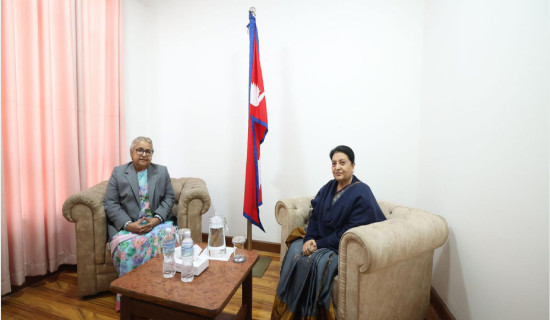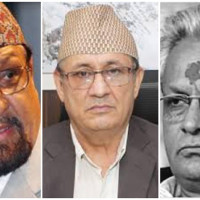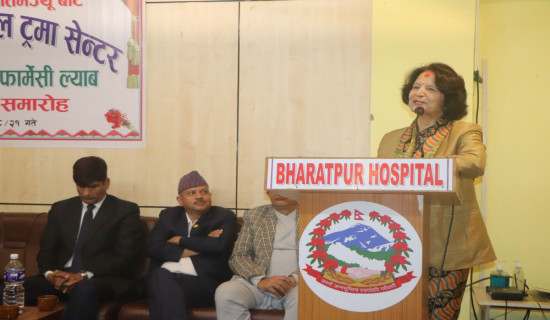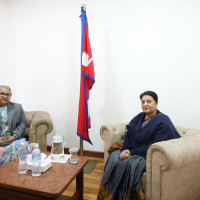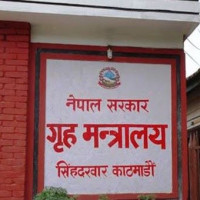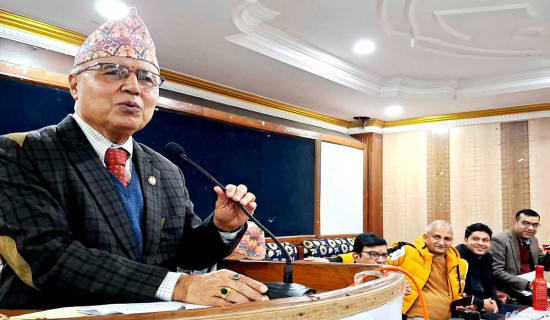- Monday, 8 December 2025
Remarkable House Session
The ongoing session of the federal parliament is set to be remarkable in approving the crucial Bills despite the continuous obstructions from some opposition political parties. It has already remained significant in endorsing the vital Bills, such as the Citizenship Bill, the Appropriation Bill, and the Federal Civil Service Bill. The related House committees are in the final stage of discussions on the Nepal Police Bill and the School Education Bill, which are expected to be approved by the current budget session.
These four Bills are essential in reshaping the civil and police services and the education system in the aftermath of the adoption of the federal system. Under the federal design, the rights and powers of the centre have been distributed among the three tiers of government - federal, provincial and local. The decentralisation of powers seeks to grant autonomy to the subnational governments to increase the people's participation in decision-making and development processes. Effective and efficient service delivery is central to federalism.
However, the parliamentary session is also marred by a series of protests by opposition groups. They are demanding the resignation of Home Minister Ramesh Lekhak over his alleged involvement in the visit visa scam. In the beginning, all opposition groups were up in arms against the sitting Home Minister. After an 18-day protest, the ruling and opposition parties reached a two-point deal to investigate and punish the individuals involved in the scandal and protect the people from being trafficked through the visit visa medium.
The government must be serious about the visit visa issue that has tarnished the nation's image. Trafficking citizens by abusing the legal mechanisms of the country is shameful, and efforts need to be made to find a permanent solution to this issue. Cosmetic remedy is unlikely to sort out this issue. The structural solution needs to be worked out. The government should not delay in investigating this scam and create an environment for the smooth proceedings of the House. Following the passage of the Federal Service Bill by the House of Representatives (HoR) recently, all lawmakers have felt a significant respite, as it has been pending in parliament for years.
Moreover, in the absence of civil service law, it has become difficult to manage and adjust the civil employees in line with the federal system. The approval of the Bill is a big achievement for the parliament that is yet to endorse other vital Bills. However, it turned out to be a damp squib when the Bill missed out the much-talked-about provision of a ‘cooling off’ period for the retired civil servants. The Bill, unanimously approved by the State Affairs and Good Governance Committee, includes a provision of a ‘cooling off period’ that prevents bureaucrats from seeking appointments in constitutional, diplomatic and other positions for two years after they retire or resign from their existing posts. But the passed Bill makes no mention of this.
Instead, the cooling-off period has been defined in different ways. According to the Bill, civil servants cannot get an appointment in the area except for constitutional and diplomatic positions. The major political parties have agreed to constitute a special parliamentary committee to investigate the tampering of the ‘cooling-off period’ provision in the Federal Civil Service Bill. The act of removing the important clause in the Bill has raised a question about the ability of lawmakers and the sincerity of the top government officials. The panel should bring the truth to the fore and restore the credibility of parliament.



